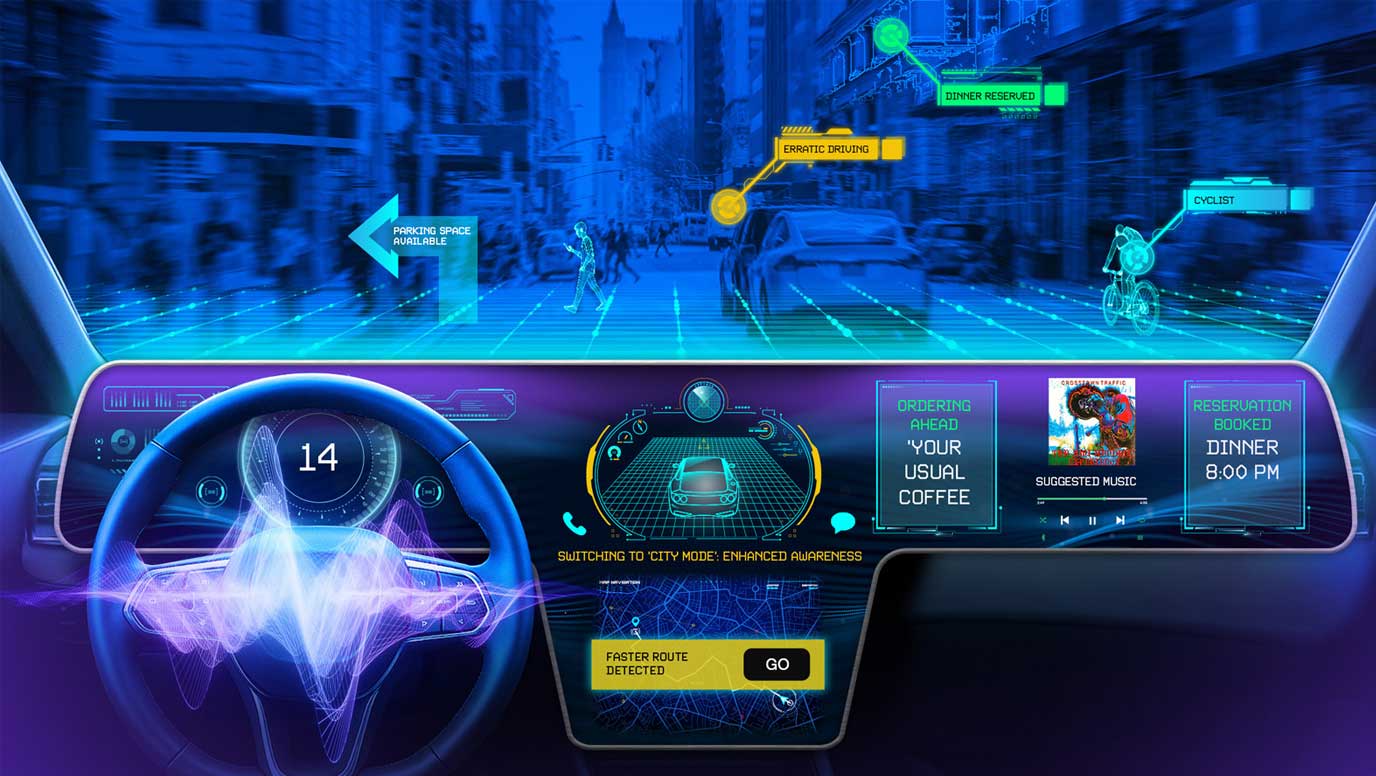Automakers can launch AI-defined vehicles a full year sooner powered by Arm

Dipti Vachani, SVP & GM, Automotive Line of Business for Arm, says the rollout solves one of the toughest challenges facing carmakers – bringing innovation to drivers faster. She says that traditional silicon development times often delay vehicle rollouts but that all changes with Arm Zena Compute Subsystems.
Vachani said: “Zena CSS enables automakers to launch new vehicle models at least one year faster with a standardised, pre-integrated compute platform that dramatically shortens development cycles and enables software teams to start early – before silicon even exists.
“This accelerates time to market, scales AI capabilities across vehicle lines and helps automakers stay competitive in the rapidly evolving era of the AI-defined vehicle. Nearly every global OEM today, including Tesla, Rivian, NIO, Mercedes-Benz, Honda and Geely, relies on Arm technology as the foundational compute platform powering everything from safety-critical ADAS to immersive in-cabin experiences.
“The next generation of vehicles will demand even more: pervasive and personalised intelligence that adapts and updates in real time across the vehicle.”
To compete in the AI era, automakers need scalable compute, without compromising safety, power efficiency, or flexibility, Vachani adds. “Zena CSS not only educes chip development time by up to 12 months but also cuts silicon engineering effort by up to 20 per cent per project, helping OEMs and silicon providers bring new vehicle models to market sooner with intelligent voice and touch interfaces, immersive digital cockpit experiences, driver assistance and automation, and real-time awareness.”
Next-generation vehicles need to run diverse workloads, including advanced driver assistance systems (ADAS), in-vehicle infotainment (IVI) and vehicle control systems with varying safety requirements and real-time constraints on a single platform.
Built on Armv9 Automotive Enhanced (AE) technology, Zena CSS is the company's first pre-integrated and pre- validated platform for AI-defined vehicles. The standardised compute platform gives OEMs and silicon providers the ability to reuse architectures and software, accelerating global vehicle delivery and simplifying system development and integration – all while streamlining functional safety and security certification.
Vachani says: “This is critical because developing custom hardware and software stacks for every vehicle model and application is costly, time-consuming, and burdensome to validate and certify.
“Importantly, Zena CSS allows our partners to innovate and differentiate on top of a standard platform in areas that add distinct value to their product lines.”
Leading OEMs – including top EV manufacturers – and major silicon providers have already licensed Zena CSS or are in advanced stages of engagement and Arm now expects the majority of the industry to build on the Zena CSS family in the coming years.
As well as reducing time-to-market for silicon, Arm partners can begin software development on Zena CSS immediately using cloud-based virtual platform support from AWS, Cadence, Siemens and Synopsys, accelerating time-to-market for software innovation by up to two years.
Arm's developer ecosystem of more than 20 million developers – including Denso, GitHub, Green Hills, Mapbox, Red Hat, Panasonic Automotive, and many more – can now build and test across the full software stack and on a common compute platform.
Zena CSS is built on open standards, including Autosar, COVESA, eSync, and Virtio, and is backed by SOAFEE, with 150+ members such as General Motors, CARIAD, Continental, and Tata Motors.
In the last five years, Arm-based chip shipments to the automotive market have tripled – now, with Zena CSS, Arm says it is giving automakers the tools to build software-defined, AI-enabled vehicles faster, smarter and more efficiently.


